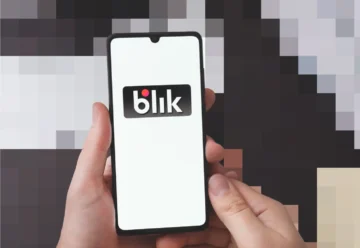NFTs and Setting Royalties on Blockchain

The earnings of musicians include income from live performances, royalties and licensing fees. Any product composed by the artist is unique and considered to be intellectual property. Therefore, when producing songs in the recorded versions, the artist should license copyrights for their music, which guarantees to receive royalties in the future when the songs are bought by the listeners.

Copyright here is a legal term, which specifies the right of ownership for the music or other intellectual property, and future payments the artist is eligible to receive from all the future purchases of their art copies.
However, the problem of piracy is still alive and well.
According to Dataport, the table below shows the number of visits to pirate sites by users in different countries in 2021.

The scale of the problem is global. Key indicators for the volume of piracy in the music industry amounted to a USD 12.5 billion loss annually in the US alone as a result of copyright breaches.
How Can Blockchain Technology Help the Piracy Problem?
As we know, blockchain data storage is distributed. This technology is called a distributed ledger, and in simple words, means that information is kept on multiple nodes, of which the blockchain consists. Each node in this system reserves an exact copy of the original data so that other protocol members will spot editing of data in these copies. The advantages brought by blockchain technology include transparency and traceability of any data leaks.
Technology that ensures higher levels of security and copyright compliance can become a cure for the piracy issue of the art industry. The musical scene recognized this with the creation of NFT.
An NFT is a product based on blockchain. It is codified so that an original file is a unique object while providing an option for endless copying of itself. NFT has an intellectual right or creation mark already built in. Just like any breach of data is easily tracked on blockchain protocols, the copyright of the art is also secured by the system. NFTs can also be developed with an integrated royalties program. Royalty fees allow for securing and controlling rewards for each copy distribution received by the musician.
The adoption of blockchain technology for the music industry could potentially remove piracy issues, save billions of dollars for the original creators and bring stability to the employment and other aspects of this sector. Financial consequences of piracy go beyond the losses of one musical band or singer; they affect the whole music distribution chain.
Apart from stolen copies of music, experts have also identified numerous other benefits brought on by NFT systems.
Music production today includes recording, copying the original file and distributing it further, which is a process that entails many steps. Like any workflow, mistakes do occur in the form of miscalculations, losses and other incidents, usually caused by human error. The current system is very complex and outdated.
Blockchain platform-based NFTs simplify the whole distribution chain within the music industry and allow the different levels of management to control and reduce the cost of operations.
Any new copies of musical files built on blockchain are reflected in the protocol immediately; this ensures timely and accurate management of file reproduction. In addition, the royalties system built into NFT triggers immediate reward fees instead of in a few months or years, which can often occur in the current system.
How Are Musical Companies and Artists Using Blockchain Today?
Industry leaders are actively adopting new technology. Spotify, for instance, spotted this opportunity back in 2017. At that time, the company bought the Mediachain Labs. It works on a new blockchain-based management system connecting creators and other participants within the distribution process in a better, more efficient ecosystem.
Multiple startups dedicated to the problem of author rights and copyright continue to emerge in the scene. Some project examples include Vezt, one of the first music marketplaces for musical records.
2021 exploded with the number of NFTs issued by top DJs and musicals, with sales reaching millions of dollars.











